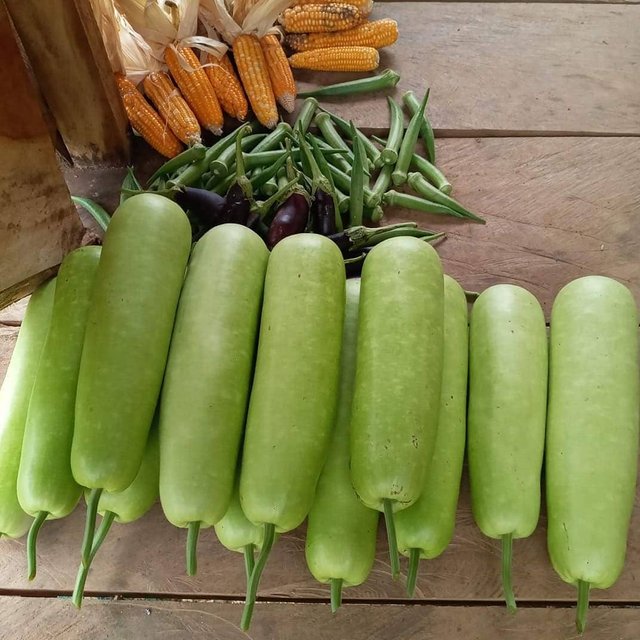Simplest Guide to Farming PART 2
I know, you're dying to start, but still doesn't where to begin.

Before everything else, define your current situation and imagine your desired future, then answer the following questions honestly:
1. Will I be able to manage and sustain a large commercial farm, both in labor and in finance? If yes, then you will need to hire or consult a number of people such as lawyer, planners, design contractors, builders, workers, veterinary services, laborers, and many more.
Cons: Capital and overhead cost is high. Requires constant santitation practice and other certifications.
Pros: ROI is huge especially with contracts.
2. Will I be able to manage and sustain an orchard? If yes, you will need a lot of patience to wait for at least 3-10 years before earning.
Cons: Long wait before ROI.
Pros: ROI on succeeding years will be compounding.
3. Will I be able to manage and sustain a livestock or poultry farm? If yes, you'll need to check your location and get legal documents to operate. You will also need to hire one or more farmhand and avail veterinary services for quality assurance.
Cons: Capital and overhead is high. Requires constant santitation practice and other certifications.
Pros: ROI rises along with the number of heads.
4. Will I be able to manage and sustain a large vegetable farm? If yes, then you will need to hire laborers to do work from planting to post-harvest on as-needed basis, depending on demand for labor.
Cons: Laborious. Overhead and competition is high.
Pros: Chose high-value crops for good ROI.
5. Will I be able to manage and sustain a permaculture farm? If yes, then you will really need an extra farmhand.
Cons: Lifetime commitment, minimal profit depending on goal.
Pros: Unlimited supply of food at home. Can do food processing for whole-year supply. ROI can grow if produce are sold, or if managed as an eco-tourism place.
6. Will I be able to manage and sustain an medium-sized aquaponics / aquaculture farm?
Cons: Capital, overhead, and competition is high.
Pros: Can market as organic.
7. Will I be able to manage and sustain a small garden?
Cons: Little to no profit.
Pros: Organic and fresh supply of herbs and vegetables.
8. Will I be able to manage and sustain a pocket garden?
Cons: Little to no profit.
Pros: Organic and fresh supply of herbs and vegetables.
9. Will my family or partner accept the idea? If No, then you really need to visuize it on paper or make a business plan, a simplofied overview of what will be sacrificed and what might be the returns. Persuade more with facts and ideas, but don't be pushy. Allow them to internalize your idea, it could take months or even years.
Farming is not only a one time hobby, it's a lifetime commitment to sweat and rest, spend and earn, and to grow and harvest.
There are a lot of sacrifices needed, some people can't easily be persuaded, but it all boils down to your desire to start a new life.
There are a lot of spendings, labor, and downtimes. On average, a farm becomes sustainable in around two years, but don't do it all at once.
If you have an acre, work on a quarter first, work on what you can manage. Plan your farm as a modular goal, start small then gradually expand in the next years.
That's all for today!
I hope you gained insights on farming, follow for more tips and tricks on farming!